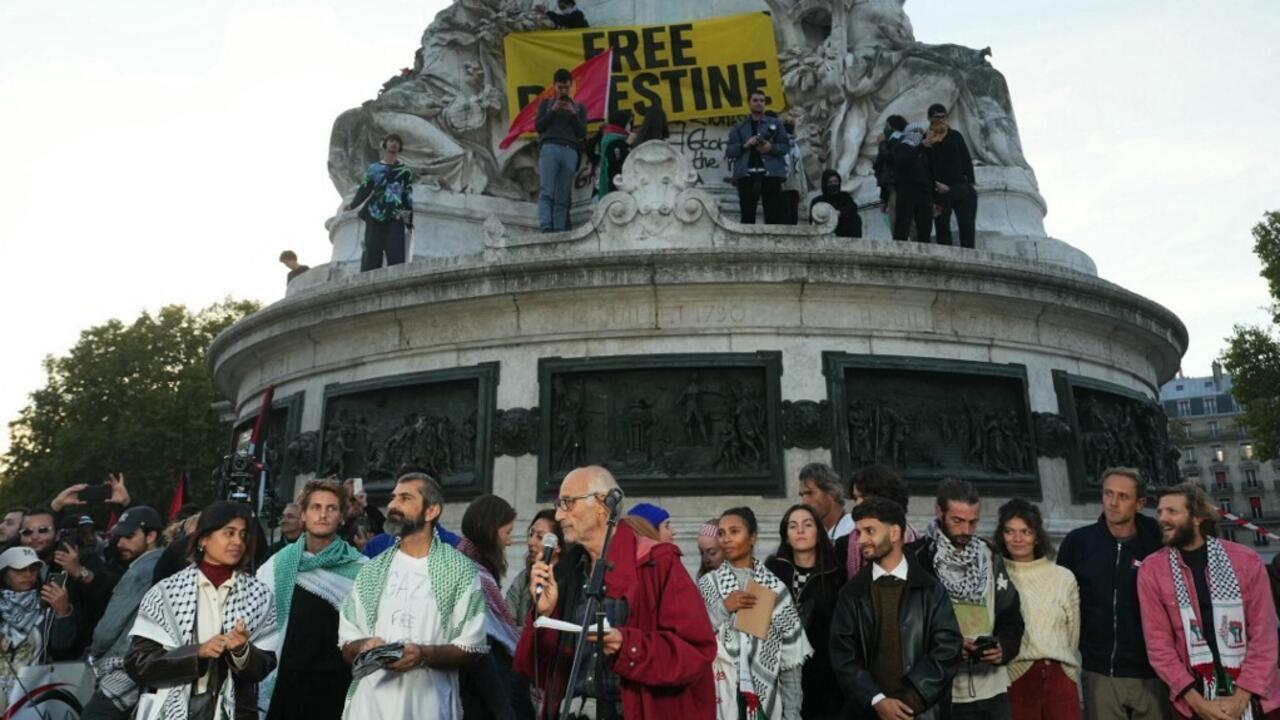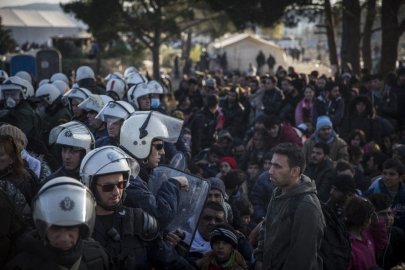Summit on Balkans in Belfast focuses on controlling migration
Source: InfoMigrants: reliable and verified news for migrants – InfoMigrants
The Berlin Process Foreign Ministers’ Meeting on Western Balkans took place on October 8 and 9 in Belfast, Northern Ireland. During the summit, the Balkan route was also discussed.
The Western Balkans summit took place on October 8 and 9, hosted at the doorstep of Belfast, Northern Ireland, in the Royal Residency of Hillsborough Castle. The focus of Britain’s Presidency was placed on the issue of controlling migration, including on the Balkan route.
The Berlin Process is an initiative launched in 2014 by the former German Chancellor Angela Merkel, aimed at supporting the Western Balkans on the path toward Euro-Atlantic integration. Those who take part in this process are the six countries of the region aspiring to EU adhesion (Serbia, Montenegro, Albania, Bosnia-Herzegovina, Northern Macedonia, Kosovo), and as sponsors, Italy, France, Germany, Croatia, Slovenia, Poland, Greece, Bulgaria, the United Kingdom, and the Brussels Institutions.
Read Also
Serbia: Criticism over government closure of refugee shelters along Balkan Route
From the UK 10 million pounds to contrast human smuggling
The meeting, with Deputy Secretary Maria Tripodi representing Italy, among its agenda points had the topic of peace and stability in the region, and in all of Europe, the fight against organized crime, and against irregular migration flows.
On this last point, the British Foreign Minister, Yvette Cooper, who was the host, announced the commitment to invest 10 million pounds to finance “innovative programs to offset human trafficking in the western Balkans”, in alignment with the reiterated promise of the moderate Labour government of Keir Starmer concerning border controls.
Read Also
Closed borders boost people smuggling across Balkans
A total of 4 million pounds raised against ‘Russian interferences’
Furthermore, through its Foreign Office, London announced the financing of 4 million pounds to support “cyber-defense” activities against “interferences” in the areas considered to be suffering from Russian “destabilization”.
“It is in our interest to protect the security and stability of the western Balkans, and face the internal threat that looms over our partners in the region”, said Cooper.
“From Russian efforts to reignite ethnic tensions to the vile trafficking of human beings carried out by criminal gangs that speculate over human lives of migrants,” she added.
The original article: belongs to InfoMigrants: reliable and verified news for migrants – InfoMigrants .



